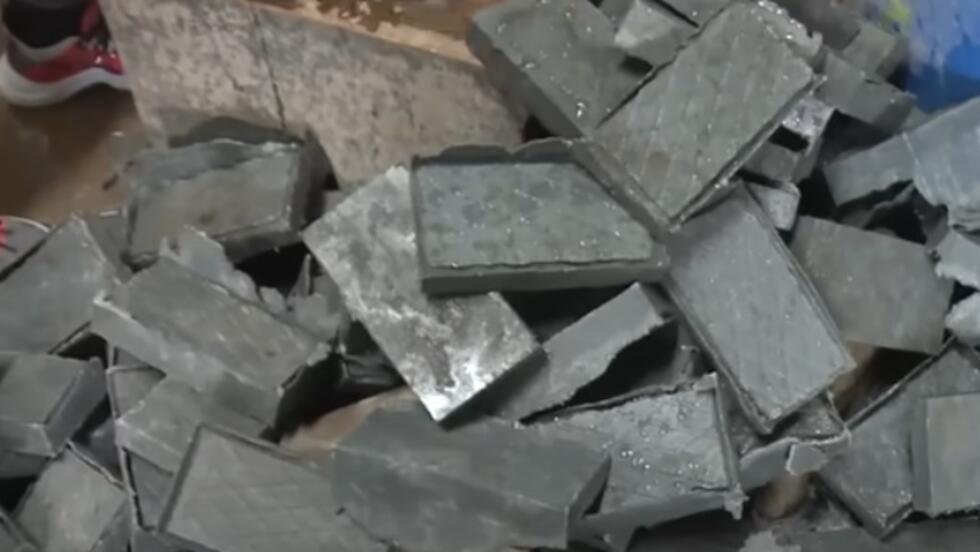
Nairobi, Kenya – It’s a typical day in a Nairobi neighbourhood. As the sun beats down on dusty streets, children are playing and market traders are shouting out their best prices. As you walk past brick homes and corner shops, something catches your eye – a pile of plastic bottles, bags and wrappers.
This is the end result of a day’s consumption, tossed carelessly aside. Plastic waste here is part of daily life.
But for every plastic bottle that ends up on the street, there’s someone like Nzambi Matee who is thinking further than the landfill.
To Matee, a materials engineer, waste is both the problem and the solution, waiting to be uncovered.
In a modest workshop tucked away in a corner of the city, piles of plastic waste are being transformed into sustainable bricks that are a stronger, lighter and cheaper alternative by community-focused enterprise, Gjenge Makers.
Instead of being discarded, plastics are sorted, cleaned, shredded and mixed with sand to make a solid block, transforming waste from a burden into a resource.
Plastic-eating mealworms found in Kenya offer hope for waste crisis
“Plastic waste is everywhere and it’s not going anywhere. The question is what we do with it. What you see as waste, I see as the foundation for something greater," said Matee.
She left her job in the oil industry in 2017, and began collecting plastic waste and experimenting with it in her mother’s backyard.
After months of trial and error, by 2018 she had her first prototype – a brick made from high-density polyethylene (HDPE) mixed with sand and compressed under heat. It wasn’t perfect, but it was proof her concept could work.
Today, her Nairobi workshop produces 1,800 plastic bricks a day.
Community impact
Despite a ban on plastics in 2017, Kenya still generates more than 400 tonnes of plastic waste daily, according to the National Environment Management Authority (NEMA). Most of it ends up in landfills or rivers, or is burned in the open air, releasing toxic fumes.
“We’ve made baby steps with legislation,” says Mamo Mamo, director Ggeneral of NEMA. “Enforcement is tough. What Nzambi is doing is giving us a new path, treating waste not just as a problem, but as raw material.”
Some schools have already used the recycled plastic bricks to build pavements.
“We are happy with the product. These bricks don’t crack,” says Francis Veto, project manager at Mukuru Skills Training Centre, which used the blocks to pave its compound last year. “They’re cheaper, and we’re helping clean up the environment.”
Gjenge Makers has created more than 100 local jobs, many of them for women and young people.
Maina Wambora is a former graduate who struggled to find work until he joined Gjenge as a machine operator.
“The work is manageable and fun. The demand is high,” he said. “I feel so proud knowing I am building something useful out of waste.”
Kenya's silk industry weaves wonders
For small-scale local contractors such as Grace Wambui, the product is a welcome change. “I didn’t believe it at first,” she says, examining a sample brick. “But now I recommend them. Clients like the price. I wish more suppliers had them.”
For now, Matee is focused on perfecting their product and reaching more communities.In a country grappling with pollution, youth unemployment and a housing shortage, it's a timely solution.

.png?w=600)





